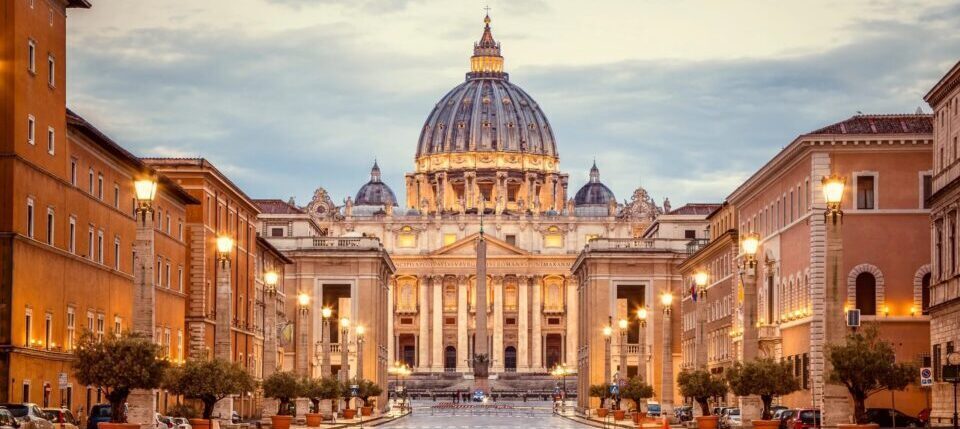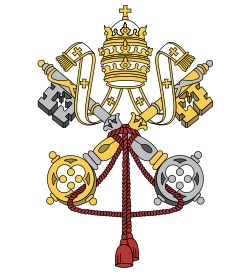At the conclusion of his General Audience on Wednesday, Pope Leo turned his thoughts to those who continue to suffer amid the world’s many armed conflicts.
“I invite you,” he said, “to join me in prayer for all who are tried by the violence of war in different parts of the world.”
In particular, Pope Leo prayed for the people of Myanmar, urging the international community “not to forget the Burmese people and to provide the necessary humanitarian assistance.”
The Pope’s prayers for Myanmar came as the country continues to face one of the world’s worst humanitarian crises. Nearly five years since the military seized power in a coup that ousted the democratically-elected government, civil conflict has caused the death of thousands of people and the displacement of three million more.
What began as mass protests against the coup in 2021 turned into violent clashes between pro-democracy forces and ethnic armed groups against the military junta.
Entire villages have been destroyed by airstrikes and fighting, while millions more lack access to food, medicine, and shelter. The United Nations estimates that over half of Myanmar’s population now requires humanitarian assistance.
The Rohingya crisis
However, the dire situation in Myanmar dates back to before the 2021 coup. The civilian government deposed by the military had faced international condemnation for its handling of the Rohingya crisis, during which members of the Muslim minority were subjected to extreme and systematic violence.
When Myanmar’s military began its campaign in August 2017, it involved widespread killings, sexual violence, torture, and the destruction of entire villages. The UN Fact-Finding Mission on Myanmar described the military’s actions as being carried out with “genocidal intent.”
By early 2018, more than 700,000 Rohingya had fled to neighbouring Bangladesh, joining those displaced from earlier waves of persecution. Those who remain in Myanmar’s Rakhine State continue to face severe restrictions on movement, denial of citizenship, and life in apartheid-like conditions.
The violence was perpetrated primarily by the same military that later seized power in 2021. However, the civilian government at the time failed to act.
The international community condemned these acts, but the generals responsible faced little to no accountability.
Just four years later, in February 2021, the same generals – led by Min Aung Hlaing – staged a coup d’état, overthrowing the democratically elected government of Aung San Suu Kyi. They expected to consolidate control quickly. Instead, they provoked an unprecedented wave of nationwide resistance.
Since then, the military has used the same brutal tactics it deployed against the Rohingya, this time against all the people of Myanmar. The people of Myanmar, of every ethnicity and faith, have therefore endured years of oppression, discrimination, and loss under successive regimes.


